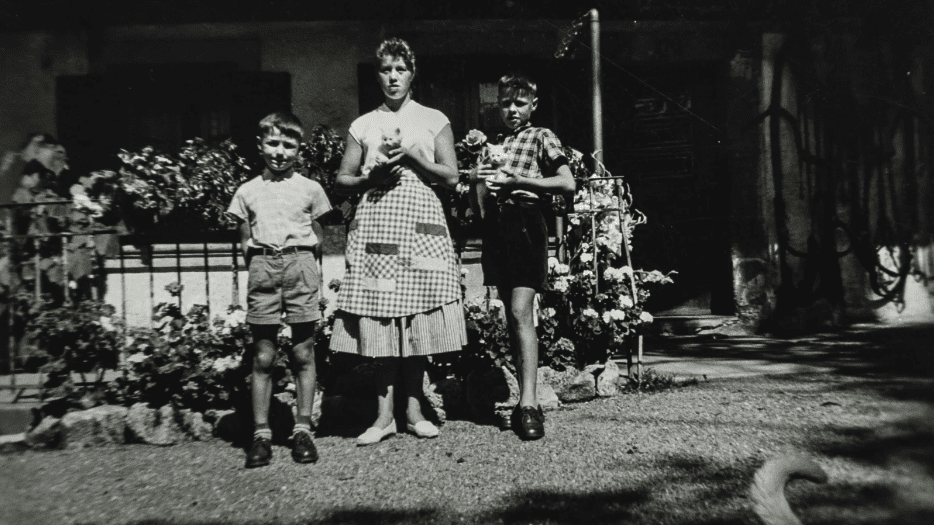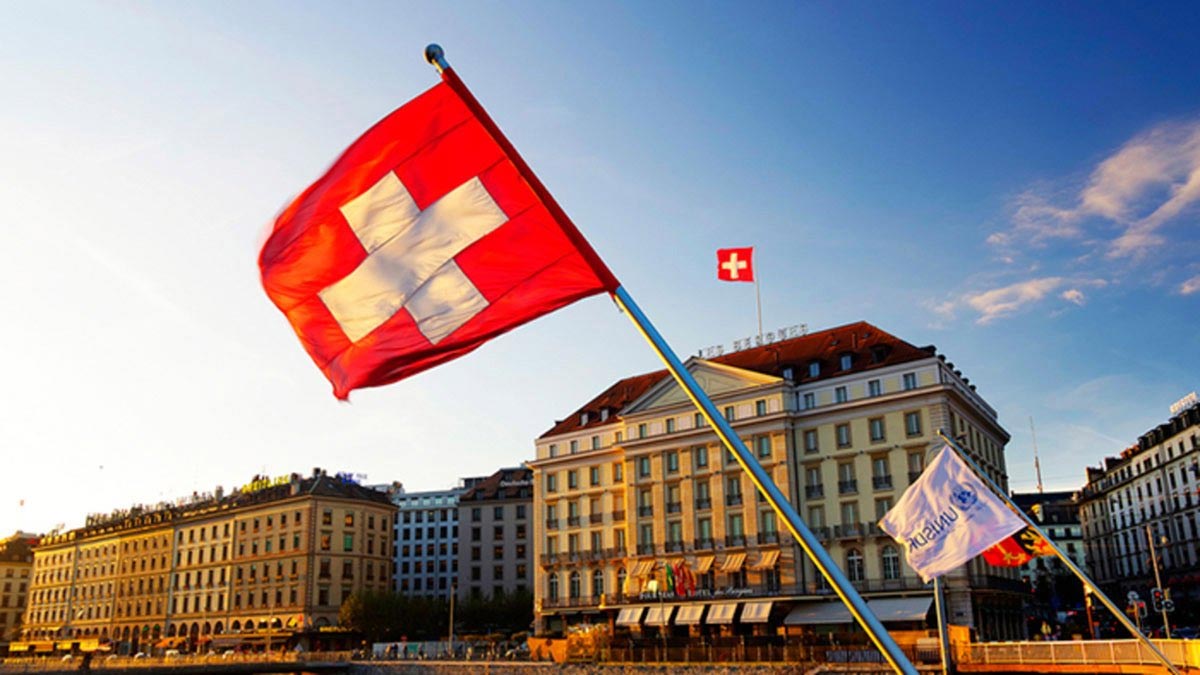You are nothing, you can do nothing, you become nothing. This is how many former Verding children describe the feeling they were given in their childhood. The treatment they received on farms, in homes and poorhouses.
By Josef Wirnshofer
Until well into the seventies, children in Switzerland were sold off. The authorities took them away from their parents when they were too poor to support them themselves. At that time, poverty was not seen as a problem of the state, but as misconduct on the part of the individual. It was also considered a danger to the common good. Poor mothers and fathers, it was thought, would negatively affect children. Illegitimate children and children of divorce were particularly common.
The children and young people were placed in homes, but mainly on farms. There they were supposed to learn to work. In many cases, however, they were exploited, beaten and abused. Abuses were rarely investigated, not least because the foster families were hardly monitored by the authorities.

To date, there are no reliable statistics on how many children were placed in Switzerland in total. “However, we have to assume that in the 19th and 20th centuries, several hundred thousand children were affected by placements in foster families alone. This does not include institutional placements,” says Loretta Seglias. The historian has been researching placement and coercive welfare measures since 2003.
It was not until 1978 that the Ordinance on the Admission of Foster Children came into force in Switzerland. It stipulated for the first time nationwide that the admission of minors must be approved. And it placed foster parents under supervision. The largely uncontrolled handling of foster children that had been common before was thus stopped.
- UK supermarkets are discarding food item expiration dates
- The Blade title in the MCU squanders a golden chance.
The history of foster and relinquished children in Switzerland was suppressed and concealed for a long time. It took until 2013 for the Swiss state to apologize to those affected for the failure of its authorities. At a memorial event, then Justice Minister Simonetta Sommaruga said, “For the suffering that was done to you, I sincerely and wholeheartedly apologize on behalf of the national government.”
Meanwhile, the Swiss government has set up a solidarity contribution for victims of compulsory caring measures: 25000 francs compensation. More than 9000 victims have come forward to the Federal Office of Justice. However, the number of Verdingkinder still alive is probably higher – many of them no longer want any contact with authorities.




